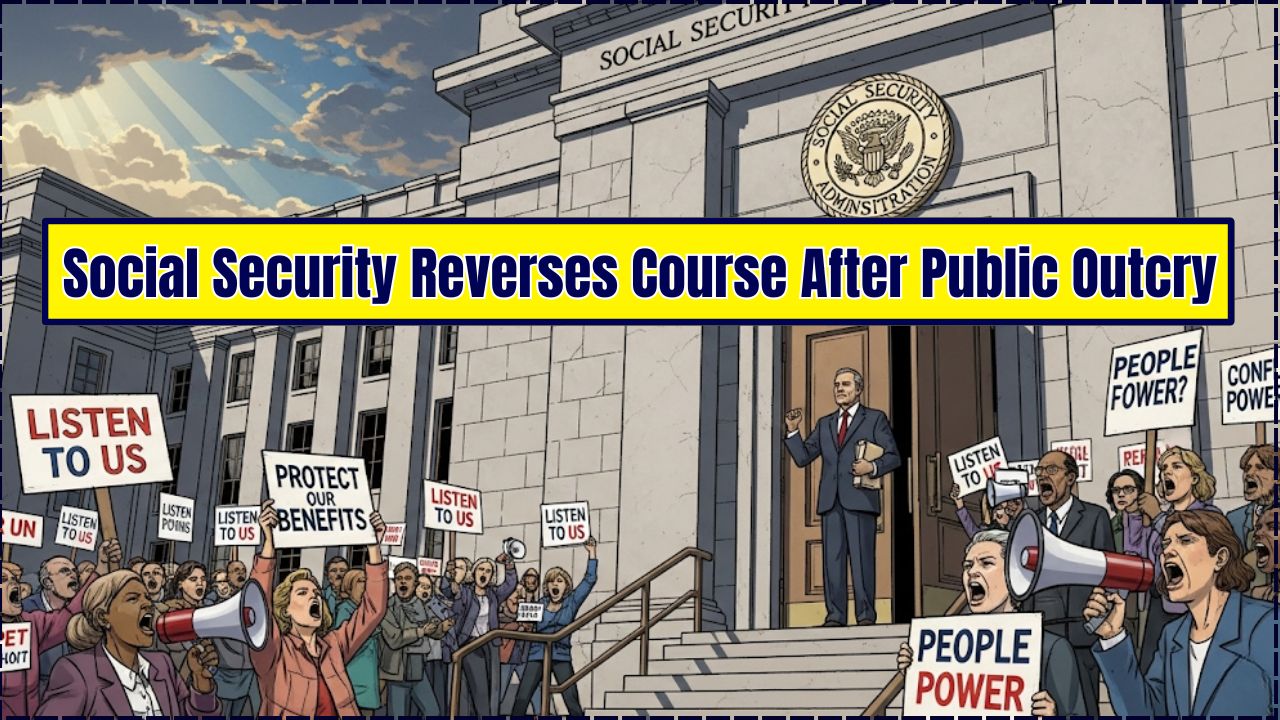A low credit score can feel like a weight around your neck when it comes to borrowing money. In the UK, millions of borrowers with subpar credit scores are unknowingly paying as much as £6678 more on loans and credit cards due to higher interest rates. This can add up over time, turning small debts into financial burdens. Whether you’re trying to buy a car, secure a mortgage, or even use a credit card, your credit score will determine how much you pay.

But here’s the good news—there are steps you can take to improve your credit score and save thousands. In this article, we’ll dive into what low credit scores mean, why they lead to extra charges, and most importantly, how you can fix your credit score to stop overpaying.
UK Borrowers With Low Credit Scores Face £6678 in Extra Charges
| Key Point | Information |
|---|---|
| Extra Charges for Low Credit Scores | Borrowers with poor credit scores could pay up to £6678 more on loans. |
| Interest Rates on Loans and Credit Cards | Poor credit scores lead to higher interest rates, which add up over time. |
| Why It Happens | Lenders charge higher rates due to perceived risk. |
| Impact of Low Credit on Financial Products | Individuals with low scores may face higher APRs and lower credit limits. |
| How to Check Your Credit Score | Services like Experian, Equifax, and TransUnion provide access to credit scores. |
| Steps to Improve Your Credit Score | Timely bill payments, registering to vote, and limiting credit applications can improve scores. |
A low credit score may feel like a barrier to achieving your financial goals, but it doesn’t have to be. By understanding how credit works, monitoring your credit regularly, and making small improvements over time, you can reduce your borrowing costs and put yourself in a better financial position. Whether you’re applying for loans, credit cards, or mortgages, improving your score can save you thousands of pounds in the long run.
Start today by checking your credit score, addressing any issues, and committing to smart financial habits. With patience and persistence, you’ll be on your way to better rates, fewer charges, and a brighter financial future.
The Impact of Low Credit Scores on Borrowers
Low credit scores may seem like just a number, but they can cost you big time. If you’re on the wrong side of the credit score spectrum, you’re likely paying a lot more for loans and credit cards than someone with a good score. Let’s break it down with a real-life example:
Example: The Cost of a £5000 Loan
Imagine you’re taking out a £5,000 loan with a term of 5 years. If you have a good credit score, say around 750, you might get an interest rate of around 4%. Over the life of the loan, you might pay £500 in interest.
But for someone with a poor credit score—say 550—the interest rate could jump to 12%. This means they could pay an extra £6,678 in interest, bringing the total cost to almost £11,678. That’s nearly £6,000 more! These figures demonstrate just how much more you could pay for the same loan, simply because of your credit score.
Why Does This Happen?
Your credit score tells lenders how risky you are. Lenders see a low score as a sign that you’re more likely to default on your loan. To make up for this risk, they charge you higher interest rates. They also may offer you lower credit limits or stricter terms.
Here’s why this happens: lenders are in business to make money. The higher the risk they take on by lending to you, the higher the return they need in the form of interest. It’s like a catch-22—you have poor credit, so you’re charged higher rates, which only makes it harder to improve your financial situation.
Understanding Credit Scores: What Affects Your Credit?
A credit score is made up of five key factors, and understanding them is crucial in managing your financial health. Here’s what goes into it:
- Payment History (35%): This is the most important factor. Missing payments on loans, credit cards, or bills will drag your score down.
- Credit Utilization (30%): This refers to how much of your available credit you’re using. If you’re maxing out your credit cards, your score will suffer.
- Length of Credit History (15%): The longer you’ve been using credit responsibly, the better it is for your score.
- Credit Mix (10%): A mix of credit cards, loans, and other forms of credit can be beneficial.
- New Credit Inquiries (10%): Each time you apply for credit, it can cause a slight dip in your score.
If you’re working on improving your score, focus on these five areas. Pay off any outstanding balances, avoid applying for new credit, and always pay your bills on time.
How Much More Could You Pay?
Let’s look at credit cards. For example, someone with a £500 balance on a credit card with a 34.9% APR could end up paying as much as £42 in interest if they make only the minimum payment each month. However, a borrower with a better credit score might only pay £13 in interest at a 10.9% APR.
These small differences in interest rates might not seem like much, but when applied over months and years, they can add up quickly. Over the course of a loan, you might pay thousands of pounds more.
How to Check If You’re Affected
If you suspect that your low credit score is costing you, there’s an easy first step—check your credit report.
Step 1: Check Your Credit Score
Use services like Experian, Equifax, and TransUnion to check your credit score. These agencies provide free access to your credit report, and you can see where your score stands. Additionally, platforms like Credit Karma and ClearScore offer easy-to-read summaries of your credit situation.

Step 2: Compare Interest Rates
Once you know your credit score, you can compare it against the rates you’re being offered. If you’re facing higher rates than someone with a similar financial situation, this could be an indication that your score is holding you back.
How to Improve Your Credit Score: A Step-by-Step Guide
Improving your credit score doesn’t happen overnight, but with the right steps, you can boost it over time and save money.
1. Pay Bills on Time
Your payment history makes up the majority of your credit score, so paying bills on time is a must. Set up automatic payments or reminders so you never miss a due date.
2. Register to Vote
Being on the electoral roll verifies your identity and can boost your score. This is an easy fix that can help you out in a big way.
3. Use Credit Builder Cards
If you have limited credit history, consider applying for a credit builder card. These cards help you rebuild your credit when used responsibly, and they can gradually improve your credit score.
4. Limit Credit Applications
Each time you apply for credit, your score takes a slight hit. Avoid applying for too many credit cards or loans in a short period of time.
5. Monitor Your Credit Regularly
Once your score starts improving, keep an eye on it regularly. Mistakes happen, and errors on your credit report can affect your score. If you spot any, dispute them right away.
Expert Insights
According to Sarah Coles, a personal finance expert at Hargreaves Lansdown, “Improving your credit score is like building a house. You start with small, steady changes, and over time, your efforts will pay off.” By following expert advice and staying committed to improving your financial habits, you can reduce the amount you pay in extra charges and take control of your financial future.
FAQs
Q1: How often should I check my credit score?
A1: You should check your credit score at least once a year, but it’s even better to monitor it more frequently if you’re trying to improve it.
Q2: How long does it take to improve my credit score?
A2: It varies, but significant improvements can take several months or even a year, depending on the actions you take and your current credit status.
Q3: Is it possible to get a loan with a low credit score?
A3: Yes, but you’ll likely face higher interest rates. Shop around for the best possible deal and consider using a co-signer to help you qualify.












